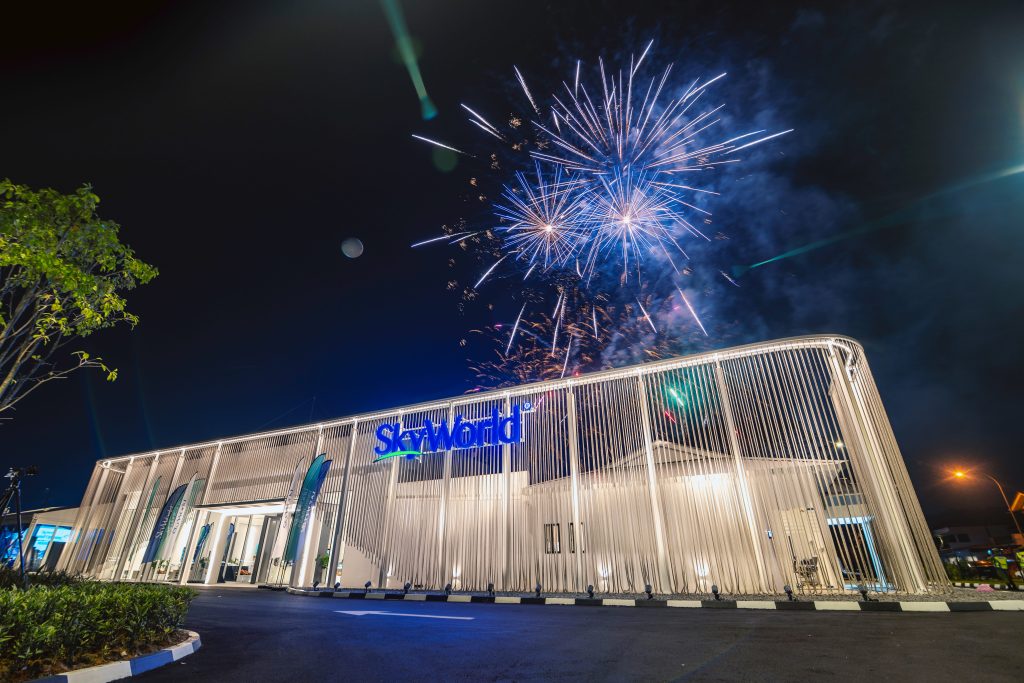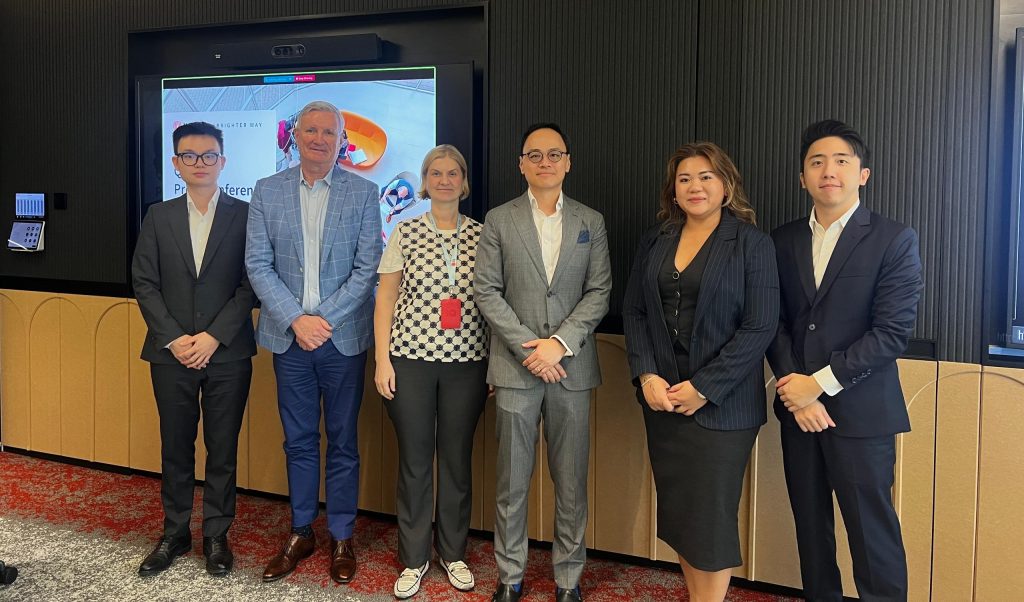Banks line up to power the collaborative initiative as investment momentum builds
By Lydia Nathan
lydia.sheena@thestar.com.my
The Johor-Singapore Special Economic Zone (JS-SEZ) is where two neighbours, long joined by history and a bridge or two, have formed a union of capital, talent and trade. From the first time since it was announced in 2023, then again in early 2025 when an official agreement was established, the envisioned thriving hub for advanced industries and innovation was poised to generate substantial investment, create numerous jobs and significantly boost trade between Malaysia and Singapore.
The zone, covering over 3,500 sq km, more than four times the size of Singapore, will encompass nine flagship zones, each catering to different sectors to create a diversified economic landscape. Unsurprisingly, a project of this scale quickly secured strong support from the banking sector, with six financial institutions, both local and international, backing it from the outset.
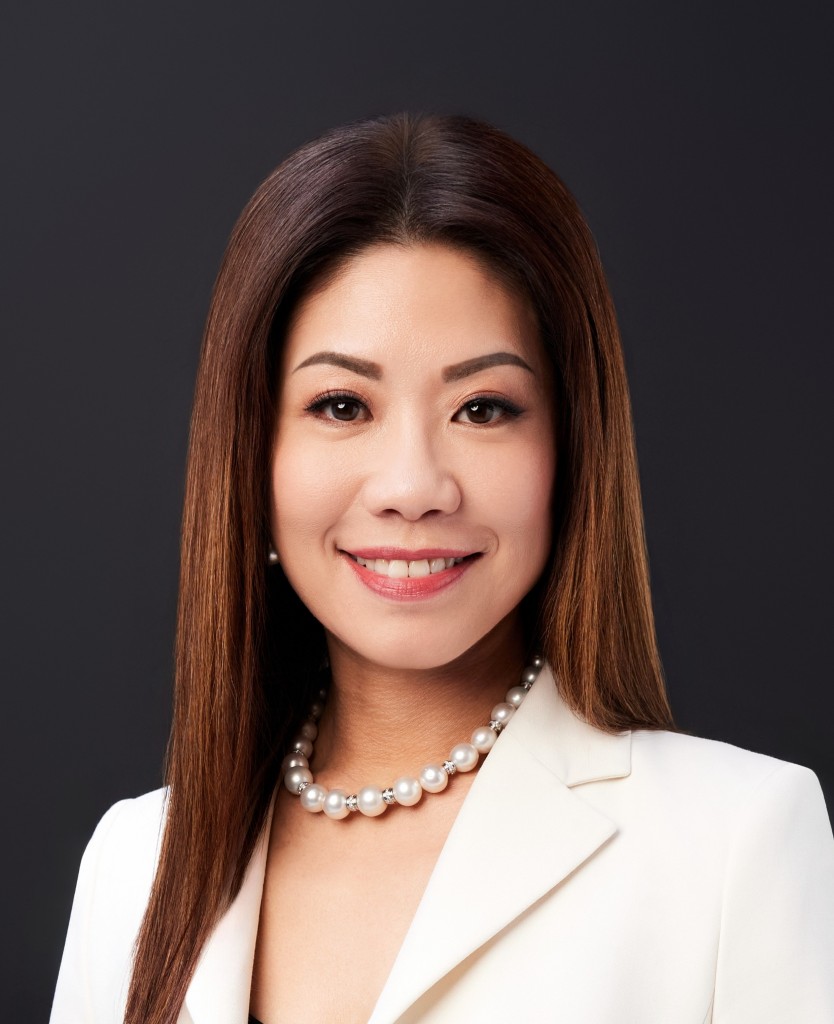
Ng said UOB has stationed itself at the forefront of this initiative, leveraging its deep regional roots and strong bilateral ties to facilitate trade, investment and sustainable growth.
Big players
Among them are Malayan Banking Bhd (Maybank), CIMB Group Holdings Bhd, CGS International, Sumitomo Mitsui Banking Malaysia, Bank of America Malaysia and HSBC Malaysia. Southeast Asia’s fourth largest bank by assets, Maybank, will facilitate as much as RM2.35bil in client investments into the JS-SEZ, whereby the submission of letters of intent by Singapore-headquartered clients Alpine Renewables and Edible Oils Pte Ltd, Centurion Corp and Thomson Medical Group Ltd into the JS-SEZ were done.
Then there is CIMB Group which has pledged RM10bil in financing facilities, subsequently launching the CIMB Asean Financial Passport, aimed at providing businesses with seamless regional banking support. While some of the loans are not publicly detailed, it is safe to say the financial backing from such reputable names is set to accelerate JS-SEZ’s development and economic integration.
United Overseas Bank (Malaysia) Bhd (UOB) chief executive officer Ng Wei Wei said JS-SEZ represents a transformative opportunity for cross-border economic collaboration and the bank has stationed itself at the forefront of this initiative, leveraging its deep regional roots and strong bilateral ties to facilitate trade, investment and sustainable growth.
From the outset, there has been strong momentum. Ng noted that from January to May 2025, potential foreign direct investment has risen by approximately 50%, particularly as UOB continues to work actively with investors and local stakeholders to materialise these opportunities.
“Despite global uncertainties such as the impact of US tariffs, most clients remain committed to their plans in the JS-SEZ, underscoring the trust they place in us to help them navigate the complexities of entering a new market. Through strategic partnerships with Invest Johor, including our MoU and the launch of the UOB-Invest Johor Green Lane, we are enabling faster business entry into the JS-SEZ and delivering seamless cross-border banking solutions,” she said.
Ng added that with Malaysia serving as Asean Chair this year and regional integration deepening, JS-SEZ will become a powerful model for regional cooperation, innovation and inclusive prosperity.
The project is garnering the attention of more foreign banks and entities like the European Investment Bank which is said to be in discussion with the Ministry of Finance at the moment. HL Bank Singapore has also expressed interest in the JS-SEZ by offering a full range of banking services including financing for Singapore corporates and SME businesses looking to set up or expand their operations within the JS-SEZ. One might question, what really is the importance or significance of banks in a project of such?
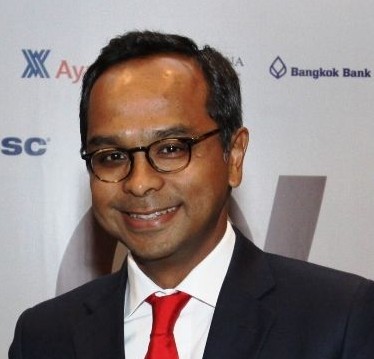
Jamzidi said JS-SEZ is expected to attract high-value investments, particularly in advanced manufacturing, logistics and services.
High-value investments and skilled jobs in the offing
AmBank Group wholesale banking managing director Datuk Jamzidi Khalid said there is a major goal for the project – to be a strategic development initiative with the potential to serve as a key catalyst for boosting private investment and economic growth in Malaysia.
He said JS-SEZ is expected to attract high-value investments, particularly in advanced manufacturing, logistics and services, which could accelerate Malaysia’s transition into higher-value economic activities.
“Its estimated potential to generate 20,000 skilled jobs over the next five years highlights its role in supporting the country’s move up the value chain and addressing skill mismatches in the labour market,” he said.
According to Jamzidi, as large infrastructure projects like JS-SEZ will no doubt require funding from financial institutions, there is also bound to be a multiplier effect.
“We are already seeing that impact in increased loan applications for real estate development especially in the Johor Bahru area. Areas such as Iskandar Malaysia, Pasir Gudang and Pengerang are also attracting an increase in investments particularly in industrial and residential. The industrial segment has seen a surge in interest especially on the data centre front,” he says.
Johor has already been a hotspot for data centre development, driven by factors such as lower costs, abundant land and stable power.
Jamzidi said the JS-SEZ is now acting as a serious catalyst by offering incentives such as preferential tax rates, making Johor even more attractive for data centre operators and their supply chains.
“The JS-SEZ leverages Johor's resources and Singapore’s financial and technological strengths, allowing easy access for global tech companies to operate across both markets. The establishment of Johor Malaysia Investment Facilitation Centre (IMFC-J) which serves as a one-stop centre to facilitate and expedite investment processes within the JS-SEZ will further enhance its attractiveness as a prime investment destination,” he said.
Not limiting themselves to traditional financing models is also very important, said Jamzidi. He explained that banks need to apply the most efficient financing models with access to funds from financial institutions, corporate investor base, project financing or green bonds to match investor appetite with the development goals.
“This includes syndication of financiers, as well as funding via the capital markets through the issuance of bonds or sukuk. Malaysia’s bonds and sukuk market certainly has depth; 2024 saw a total issuance of Private Debt Securities at RM124bil, a 5% increase from 2023,” he said. With such a large project, there is bound to be risk.
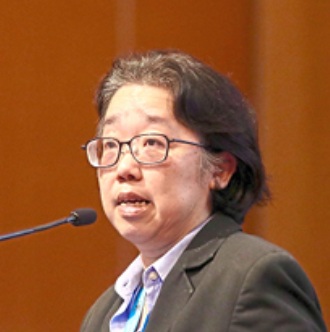
Lee Fang said banks play a vital role through their commitment to mobilising capital to support investments. - SHAARI CHEMAT / THESTAR
Risk management crucial
But Jamzidi said several factors might influence volatility but financing will boil down to evaluating the risks that are associated with the project delivery, which in turn will be linked to the repayment capacity of the borrower.
“Potential changes to tariffs will certainly shift the supply chain and it’s still uncertain how this will pan out. US monetary policy shifts, including expectations of Federal Reserve interest rate cuts, have weakened the US$ against other currencies, including the ringgit,” he added.
Likewise, CIMB Securities Sdn Bhd, equities head of research Ivy Ng Lee Fang said banks play a vital role through their commitment to mobilising capital to support investments, enhance investors' confidence and facilitate strategic partnerships.
She said a project like JS-SEZ has plenty of potential and its resilience will be supported by its strategic positioning, its ability to have such a diversified investment portfolio and the robust financial growth that can occur from it.
Lee Fang added that the JS-SEZ's collaborative framework between Malaysia and Singapore aims to create a seamless economic environment, similar to the integration seen in the Greater Bay Area.
“The project has already attracted significant foreign investments. We can see a high foreign investment ratio – approximately 80% of investments in the JS-SEZ are foreign and also, the initiation of joint ventures has been impactful,” she said.
Lee Fang said the JS-SEZ employs several strategies to attract foreign investment. This includes the offer for a 5% corporate tax rate for up to 15 years for qualifying businesses and a 15% flat personal income tax for knowledge workers for up to 10 years.
Another factor is the establishment of a one-stop service centre (IMF-J) in Johor facilitating the application processes for approvals and licenses necessary for businesses to set up in the JS-SEZ. “JS-SEZ’s joint promotion events will also continue attracting foreign investment. The events promote trade and investment in the JS-SEZ,” said Lee Fang.
Stay ahead of the crowd and enjoy fresh insights on real estate, property development and lifestyle trends when you subscribe to our newsletter and follow us on social media.






